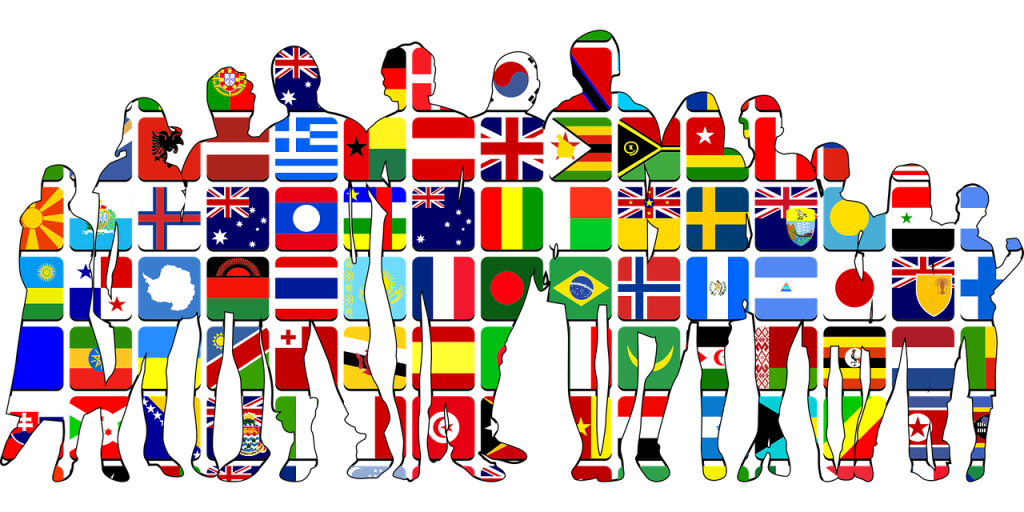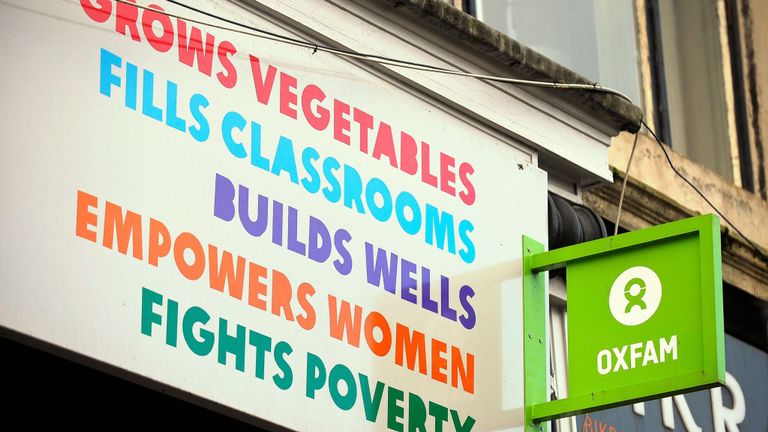What is it?
Brain drain, as per the Oxford dictionary, refers to the emigration of highly trained or qualified people from a particular country. Countries usually hurt from this phenomenon because they lose brilliant, young and talented people and sometimes they are not replaceable, which leads to a disproportionate exchange. There are many different reasons as to why brain drain occurs, such as but not limited to:
- Finding it hard to get a job in the country, thus escaping economic hardships
- Not seeing the opportunity for professional and personal growth
- Experience/Psychological reasons
- Labor laws
- Research funding
- Skills & competencies are not as valued as abroad
My major is Microbiology with a concentration in Biotechnology, so I am more interested in the scientific brain drain. I learned that in Italy it is quite difficult getting into specialized courses (STEM) such as Medicine and Engineering because there are too many candidates for a limited number of spots. Moreover, not all universities offer courses in the STEM field, and a university such as ‘University of Torino’ offers courses such as Biotechnology but they have a limited number of seats and are highly competitive. This leads to people feeling demotivated to even try to apply for the courses in Italy, and would rather leave and find a better opportunity elsewhere. Scientific researchers tend to go abroad for a variety of reasons, some of which are: scare research resources as Italy does not fund research, better economic conditions elsewhere and a better opportunity for career and professional development abroad.

Mozambique is divided into 10 provinces and 1 capital that has a provincial status. We experience what is called ‘internal brain drain’ because most of the talented youth decides to stay in the capital city because there are more opportunities, thus leading a low percentage of qualified people working in the provinces. This has affected us deeply as it is now harder to find employment in the capital, so citizens have actually started to leave to work abroad in other African countries or anywhere else in the world. This also happens because the political state of the country is not conducive for the younger generation, so in a way we escape this. On top of losing brilliant minds, we also lose taxpayers and this deeply affects our economy. Most Mozambicans go for government jobs or find jobs in the private sector and this is usually fueled by nepotism, just like in Italy. As long as one has a family member that is tied to the company, they are almost certainly guaranteed a job. In recent years, the youth have actually started to migrate to other countries for University because most of our universities are taught in Portuguese and people are wanting to learn another language.

Interestingly enough, in Mozambique, families are actually encouraging their family members to leave because they know that the government is not to be trusted and that they still have a lot of work to do – which is similar to Italy. We feel a patriotic obligation in the sense that we want to return to the country once we have gained all possible experience, in order to better our country. This is the general feeling throughout the youth.
In conclusion, I believe that brain drain is a phenomenon that almost every country goes through and that the government of said countries need to do better so that people do not find the need to leave their respective countries. On the other side of the coin, countries (such as the United States) may also experience BRAIN GAIN, in which case they welcome qualified and young people into their work environment.






